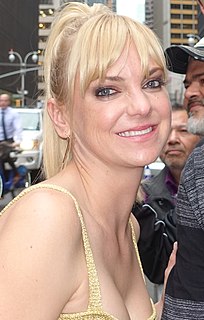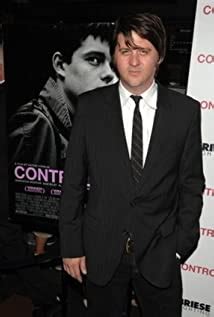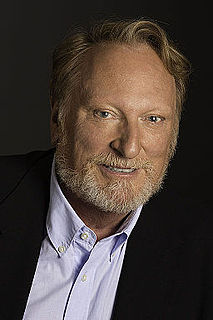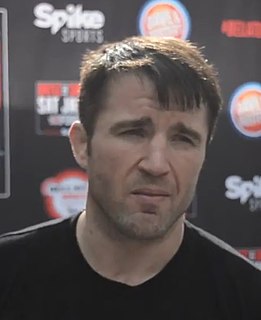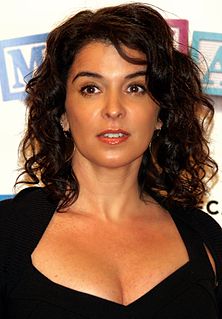A Quote by Frank Spotnitz
If people walk out of the movie and they think about it, then that's quite something.
Related Quotes
Sometimes you think, "Oh man, this is going to be a fantastic movie," and then when you see it put together, you're like, "Oh, huh. Well, that didn't turn out quite the way I thought." Sometimes you think you're part of a project and it isn't that great, and then it sort of becomes a pleasant surprise. But I think there's just too many elements that affect the tone of a movie, so I think even for a director, it may be hard to gauge that.
Fiction allows us to see the world from the point of view of someone else and there has been quite a lot of neurological research that shows reading novels is actually good for you. It embeds you in society and makes you think about other people. People are certainly better at all sorts of things if they can hold a novel in their heads. It is quite a skill, but if you can't do it then you're missing out on something in life. I think you can tell, when you meet someone, whether they read novels or not. There is some little hollowness if they don't.
The Control movie is not about suicide, it's not about epilepsy, it's not about everything else, but it's about an individual who was thinking out of the box and took his own passion and created music. His negativity and whatever else, he bottled them up and spilled them out onto his world of music. I think a sense of hope comes from the end of the movie, in my mind. Some people come out of the movie and think, 'That's the saddest thing I've ever seen,' and others come out and think, 'God, there's optimism.'
I think it's really easy for people to point out hypocrisy in people's lives. It's like yeah, I get on planes a lot, and I drank from a plastic water bottle today - you know what I'm saying? A lot of people would just be like, "Oh, you're a hypocrite. You live in an ecovillage for a month, and then you fly around the world to talk about a movie." Don't think that I don't think about those things! Don't think that that's not, like, a quandary in my life. It can be a pretty intense ethical dilemma. I think it's about figuring out, you know, navigating life.
As an author, I don't really think too much about being a celebrity. It's not like being a movie star or a TV star. It's not as if people recognize me when I walk down the street. That hardly ever happens, and it's just as well. But it is great when people know my books, when I walk through an airport and see them in the bookstore, or when I see someone reading a book on a plane or on a train, and it's something I've written. That's a wonderful feeling.
A lot of weird things happen to me. People call out to me on the street and I figure I know them, and I walk over. And then they start to talk about a movie, and I get so embarrassed. Sometimes they think I'm Lorraine Bracco or Laura San Giacomo or Marisa Tomei. I'm sure it happens to them all the time, too.




